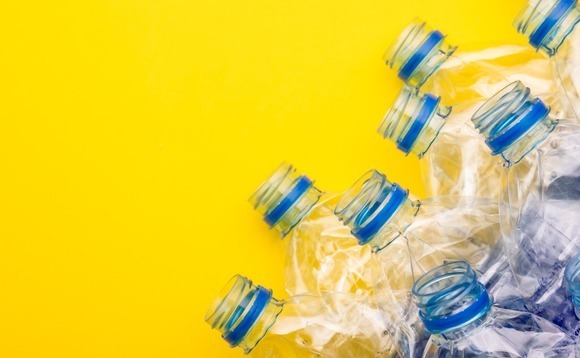
Australia recycling start-up Samsara Eco raises $34m

Samsara Eco, an Australia-based start-up that has developed enzymes capable of breaking down plastics into their core molecules so they can be reconstituted in new items, has raised AUD 54m (USD 34.6m) in Series A funding.
Participants in the round include Breakthrough Victoria, a state government investment agency, Singapore's Temasek Holdings, Assembly Climate Capital, DCVC, and INP Capital. While DCVC and INP are headquartered in North America, Assembly Climate is a local impact-focused GP established by Justin Punch, formerly of Archer Capital and now chair of the Australian Renewable Energy Agency.
Existing investors such as Main Sequence, W23, an investment arm of retailer Woolworths, and Clean Energy Finance Corporation (CEFC) re-upped. They committed AUD 6m to Samsara in March.
The company is the product of a collaboration between the Australian National University, Woolworths, and Main Sequence, a GP established to operate funds for government research unit CSIRO. It is led by Paul Riley, who spent more than a decade at CHAMP Ventures followed by seven years running Fulcrum Capital Partners. He has been an entrepreneur-in-residence at Main Sequence since 2020.
Samsara distinguishes itself from other plastic recycling players because it can produce reconstituted food-grade plastics that have the same characteristics and structural integrity as virgin plastic. The company claims its technology is especially useful in recycling heterogeneous mixes of hard-to-recycle plastics, including coloured, multi-layered, and mixed plastics.
The process involves the application of enzymes to PET plastic and polyester, which reduces those materials to the original monomers. These are resynthesized into new plastics with a yield above 95%, allowing for infinite plastic recycling.
The Series A proceeds will be used to build Samsara's first commercial-grade recycling facility, with a capacity of 20,000 tonnes, in Melbourne. There are plans to grow the team from 25 to 35. Woolworths has agreed to buy 5,000 tonnes of plastic from the company, but Riley also highlighted strong demand out of Europe, which is an expansion target.
"Europe's demand is incredibly strong for polyester and the legislative environment there drives up demand even more," he told the Australian Financial Review, noting that European authorities have rolled out minimum recycled content requirements, which have forced fast-moving consumer goods companies to rethink the sourcing of their raw materials.
Australia has set several national packaging targets to be achieved by 2025. These include making 100% of packaging reusable, recyclable, or compostable and 70% of it recycled or composted. In addition, at least 50% of packaging should comprise recycled materials, up from 30% in 2020.
Latest News
Asian GPs slow implementation of ESG policies - survey
Asia-based private equity firms are assigning more dedicated resources to environment, social, and governance (ESG) programmes, but policy changes have slowed in the past 12 months, in part due to concerns raised internally and by LPs, according to a...
Singapore fintech start-up LXA gets $10m seed round
New Enterprise Associates (NEA) has led a USD 10m seed round for Singapore’s LXA, a financial technology start-up launched by a former Asia senior executive at The Blackstone Group.
India's InCred announces $60m round, claims unicorn status
Indian non-bank lender InCred Financial Services said it has received INR 5bn (USD 60m) at a valuation of at least USD 1bn from unnamed investors including “a global private equity fund.”
Insight leads $50m round for Australia's Roller
Insight Partners has led a USD 50m round for Australia’s Roller, a venue management software provider specializing in family fun parks.







